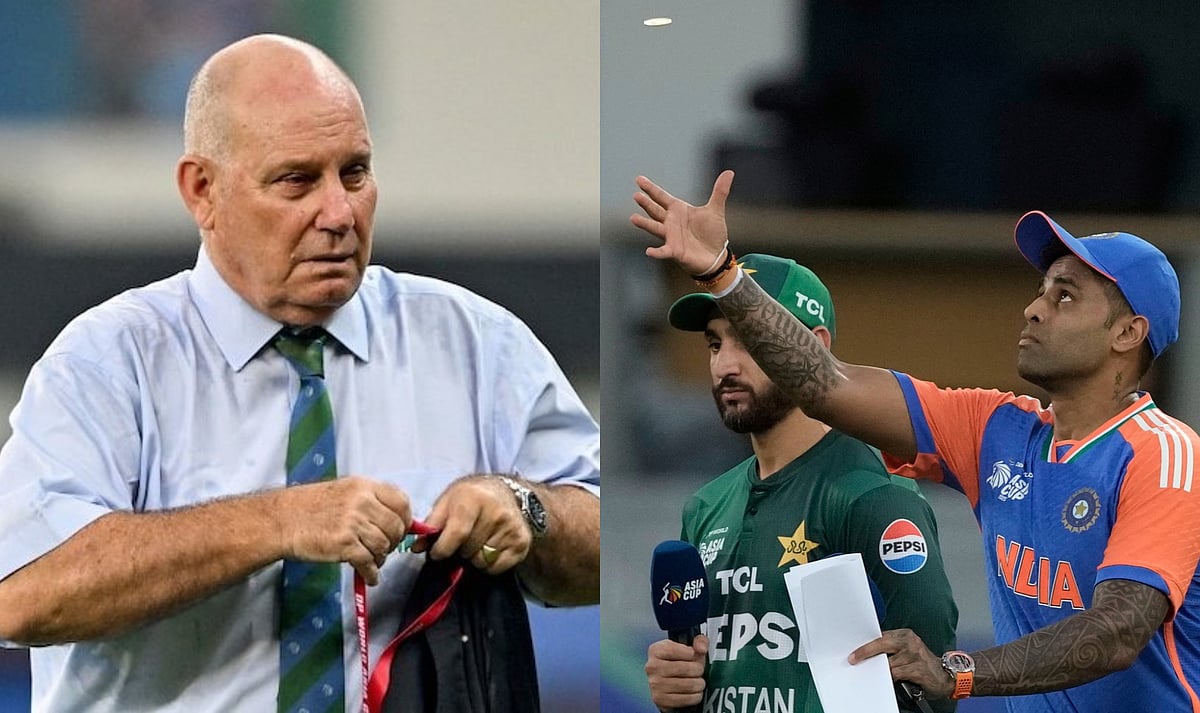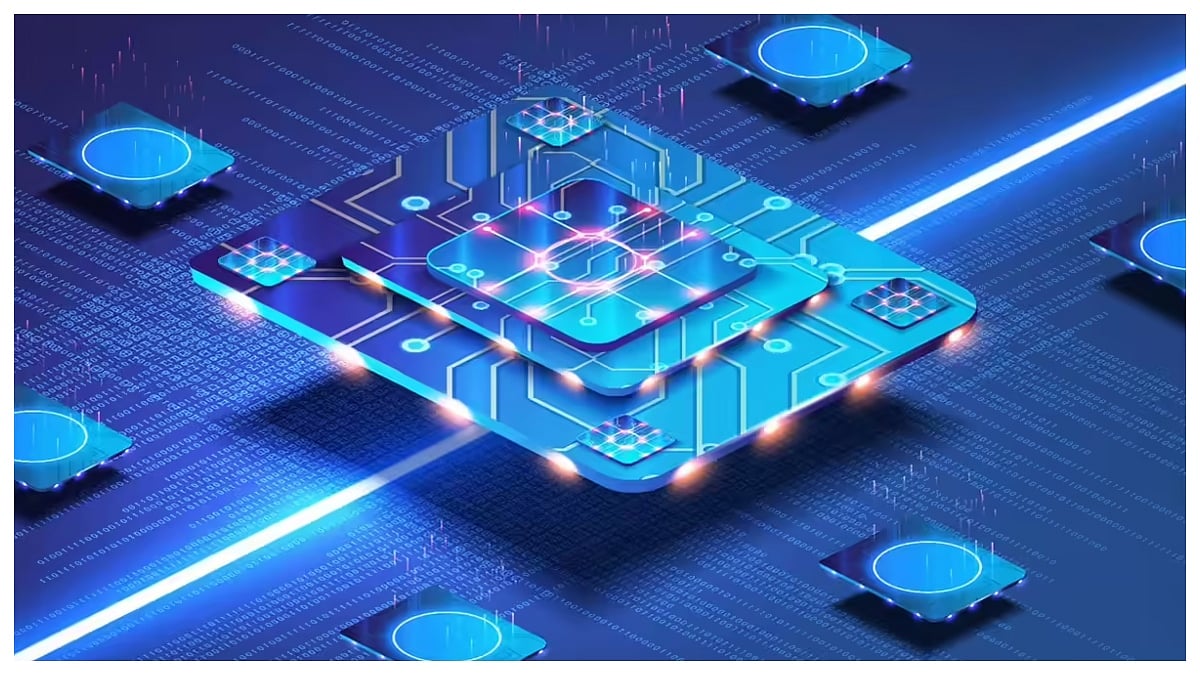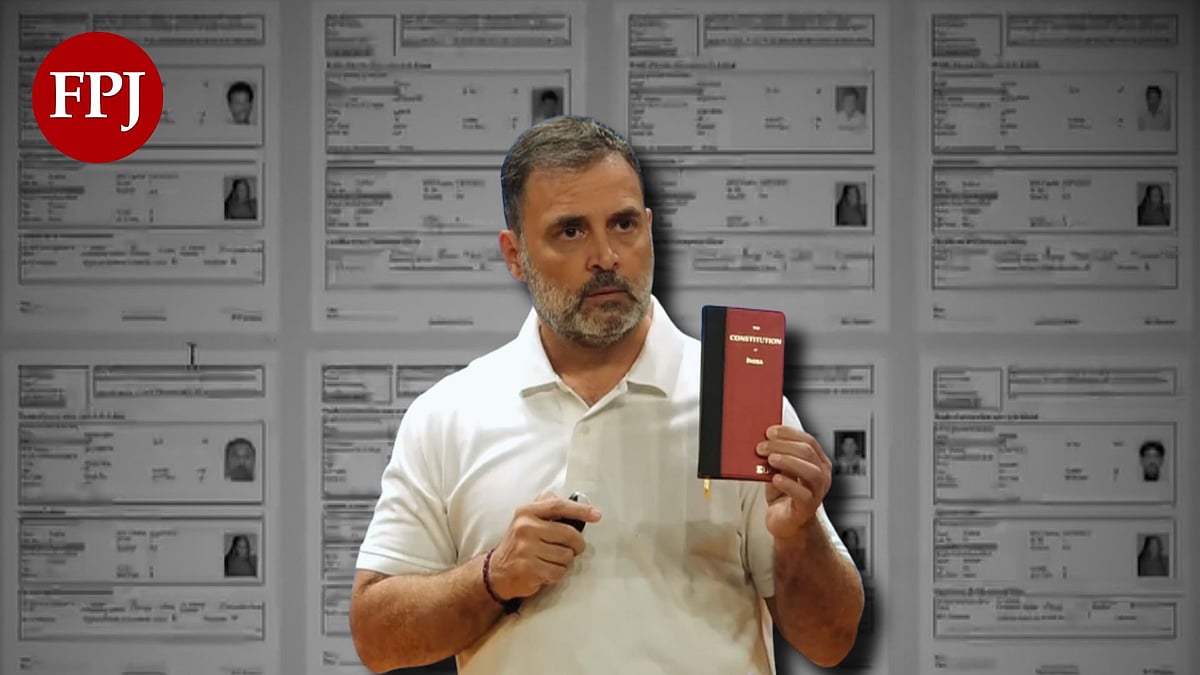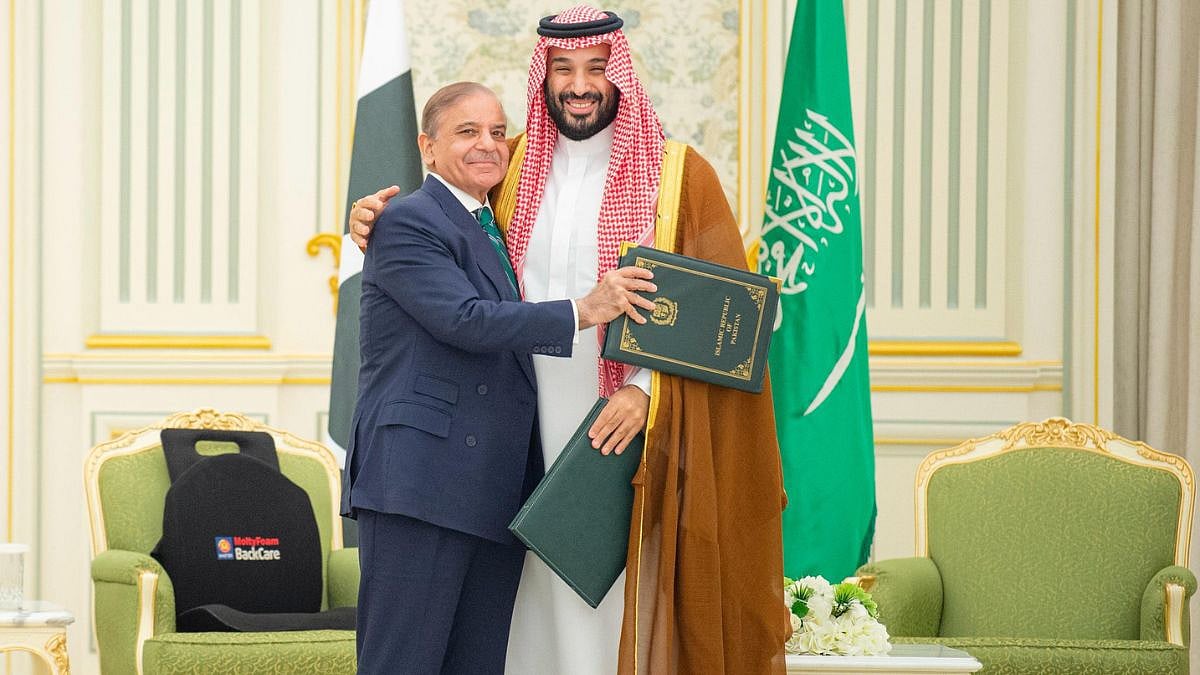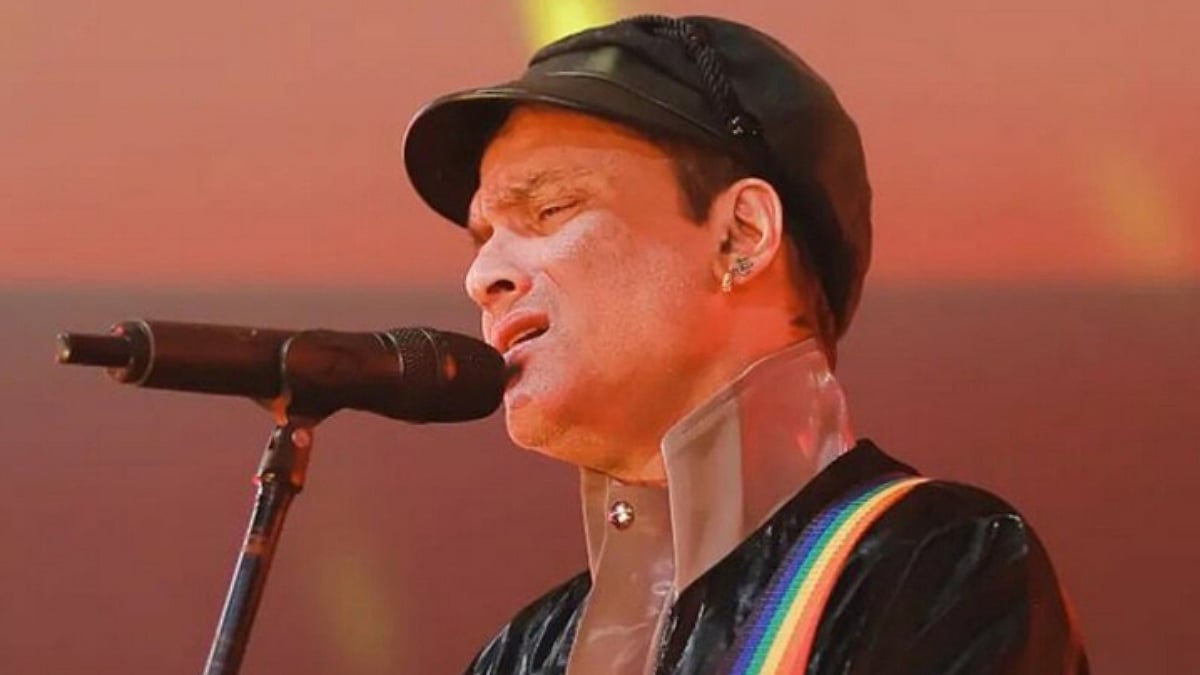The BJP has taken a decisive step towards initiating a system of ‘One Nation, One Election’ (ONOE) with the Union cabinet accepting the recommendations of the former president Ram Nath Kovind-headed committee on September 18. The Union cabinet’s nod to the ONOE proposal came a day after Union home minister Amit Shah said the government will implement ‘One Nation, One Election’ in this term of the government. The Bill in this regard is likely to be introduced in the upcoming winter session of Parliament. In his Independence Day speech, Prime Minister Narendra Modi had also made a strong pitch for ONOE, saying that frequent elections were creating hurdles in the country’s progress.
The government’s rationale behind holding simultaneous elections to the Lok Sabha and state assemblies is to bring India out of the endless cycle of elections, which in the government’s view creates an atmosphere of uncertainty and impacts policy decisions, thus leading to difficulties in economic growth, and wastage of resources and money. This is an easy and indolent justification, which does not consider the country’s federal structure (India is a ‘Union of States’) and diversity. Elections are the heart of democracy and a fundamental necessity to hold elected governments accountable to the electorate. In a democracy, periodic elections are the only way to judge governance, policies, and outcomes. Be it a national election, federal, or local body poll, each should ideally be held separately to account for each government’s performance.
There are no magic solutions in democracy, which works on the principles of dialogue, debate, and consensus. Simultaneous elections to Central and state legislatures are certainly not the magic potion that will cure the many ills that afflict India: social, educational, and economic backwardness. Saving resources and money is a simplistic argument behind pushing for simultaneous elections in a country whose Constitution defines the nation and states as two different entities. Democracy is not about saving a few thousand crores on elections; the measure of a true democracy is not its cost but quality: regular free and fair elections and open public debate on major policies and legislations.
Simultaneous elections do not create level playing field for all political stakeholders but will end up giving extra advantage to mainstream national parties, particularly the ruling party at the Centre, and regional parties will be at the receiving end of the dominant national narrative. Given the resources and financial muscle, not to speak of the media support, that will be at the command of the ruling party, simultaneous elections will harm the federal polity and democratic rules and institutions. The ONOE proposal comes from the BJP’s idea of a unitary country with one polity, one process and one character. Though the proposal is a job done by a committee, it appears to be scripted by the government, while using the name of a former president to give credibility to its recommendations.
The idea of ONOE has been popular with the BJP and Modi for many years. After his resounding victory in the 2019 general election, one of the first thing that the prime minister did was to call for an all-party meet on simultaneous elections idea, which has been rejected by all the INDIA bloc Opposition parties. The government has said it wants to create a consensus on ONOE but Opposition parties have expressed their concerns to the government and the Kovid committee. Still, the government seems obsessed with ONOE and has accepted the committee’s recommendations, which will require constitutional amendments. However, the BJP-led NDA government seems unlikely to be able to get the amendments passed in the two Houses of parliament currently as it lacks two-thirds majority in both Lok Sabha and Rajya Sabha.
It is true that simultaneous elections for the Lok Sabha and state legislatures were held for almost two decades after Independence. But that was a mere coincidence and not mandated by law. After 1967, elections patterns diverged as various state assemblies and Union parliament were dissolved at different times. The ONOE idea was brought back into play in 1991 when the Law Commission of India argued that Central and state elections should be held together. But it did not resonate with political parties then, including the BJP. Coordinating simultaneous elections in a continent-sized country like India with its huge diversity is an onerous task and a huge logistical challenge for the election commission. So, why is the idea so popular with the prime minister and his party?
If elections for the Central and state legislatures coincide, campaigning for both would also coincide. In such a scenario, national issues and emotive polarisation will drown out staid issues like corruption, inflation, jobs, law and order, rising cost of living and local governance. Obviously, the BJP hopes that it stands to benefit from simultaneous elections because it has little competition from Opposition parties on emotive national issues like the country’s security and terrorism besides personality-cult politics. Elections are not referendums and therefore cannot be allowed to translate into a popular leader’s plebiscitary appeal.

National and state elections have their own dynamics and undercurrents. They represent the diverse layers and complexities within India’s democratic system. National and state elections are twin pillars of the country’s democratic framework, each playing a distinctive role in shaping the national political landscape. General elections in India pivot around national issues, overarching policies, and the leadership that will steer the country’s course, besides addressing concerns that span across states and regions. In contrast, state elections focus on regional issues, local governance, state-specific development, and address aspirations of the state populace. Voter behaviour in state elections often revolves around local issues, the performance of regional leaders and state-specific concerns.
On the other hand, general elections witness a broader consideration of national policies, leadership capabilities and the overall vision for the entire nation. Holding the two simultaneously for reasons of expense or convenience is a flawed proposition; expediency should not be allowed to trump fundamental issues of democratic system and practice. The government’s fundamental argument, as also that of the Kovind committee, behind doing away with the current system is that perennial elections increase uncertainty for all economic agents, which can directly affect macroeconomic outcomes like economic growth and investment.
Since 1967, state and national elections have been held separately. But they have not impacted growth and policy implementation. Since 1991, when India started implementing economic reforms and opened market to competition and private investment, the country has been consistently on a growth trajectory even though the country has been in ‘continuous’ election mode. So, why artificially change the electoral landscape at the cost of accountability, which is at the heart of democracy?
The writer is a senior independent Mumbai-based journalist. He tweets at @ali_chougule


